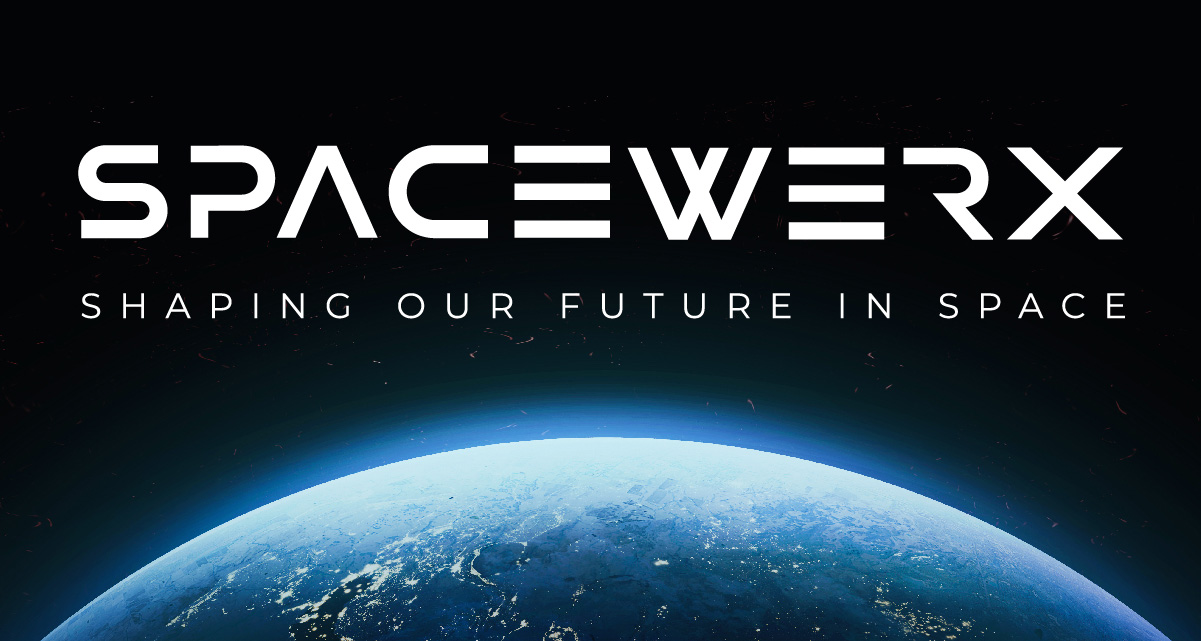Rogue Space Systems Partners with Other Space Start-Ups and Educational Institutions to Submit Proposals as Part of SpaceWERX Orbital Prime
[Laconia, NH | March 14th, 2022] – Rogue Space Systems has brought together a brilliant group of space start-ups and institutions to develop Small Business Technology Transfer (STTR) proposals for the SpaceWERX Orbital Prime initiative. The Consortium was put together to create a more cohesive community within the space ecosystem and to allow the businesses involved to submit proposals as prime or sub-contractors on one another’s submissions. This enabled the Consortium partners to work with a diverse cross-section of educational and research institutes and one another. Companies within the Consortium successfully developed and submitted 24 STTR proposals.
SpaceWERX Orbital Prime is a program created by Space Force to encourage companies to submit proposals based on new technologies or innovations that would help boost the space economy and spur advanced technologies in the satellite servicing and debris removal markets. Rogue’s goal with the Consortium in the Orbital Prime program is to build a community of innovators to support the Space Force’s desire to elevate the space startup community and space economy. Each winning proposal will receive $250,000 with the potential for $1,500,000 follow-on Phase 2 awards after a successful initial period of performance. If awarded, Rogue plans to use these funds to accelerate their research to elevate their technologies as they prepare for their first mission into space later this year.
The Consortium is comprised of several companies and educational institutions including: Rogue Space Systems, Cislune, iMetalx, Kall-Morris Inc, Leaf Space, NanoAvionics, Proteus Space, Sedaro, Space Products & Innovation, Space Exploration Engineering, Zeno Power Systems, Draper Labs, SBIR Advisors, University of Utah, Eastern Michigan University, University of Texas – Arlington, University of Missouri, and University of Illinois. Jeromy Grimmett, Rogue CEO and Founder, said, “The Consortium is a prime example of how small businesses and startups are going to be able to capitalize in this industry. Cooperation and support amongst ourselves will allow us to truly compete with the larger primes and continue to disrupt the market. We pride ourselves on building a community where team members and partners can truly thrive together. Disruption may start with one of us, but innovation happens when we work together. We are pleased to be a part of such an amazing group of companies and cannot wait to see how the in-space economy will grow throughout 2022 and beyond.”
“The Rogue team worked for several months building relationships with the Space Force and research institutions, collaborating with small business partners, brainstorming, prioritizing innovation ideas, writing proposals, and proof-reading each other’s work. Many new relationships were built in both the space community and within our own team, and although it required an almost Herculean effort, the collaboration was fun, and the results speak for themselves! We are continuing to build relationships with more prospective partners in both academia and small business!” Rogue COO and Co-Founder Jon Beam said. “None of this would have been possible without the project and program support from SBIR Advisors and Draper Labs. They’ve provided invaluable mentorship to make this happen.”
This is the first joint effort of its kind to be assembled, and the impressive number of STTR proposals submitted by all involved shows collaboration and conviction to grow this sector for years to come.

